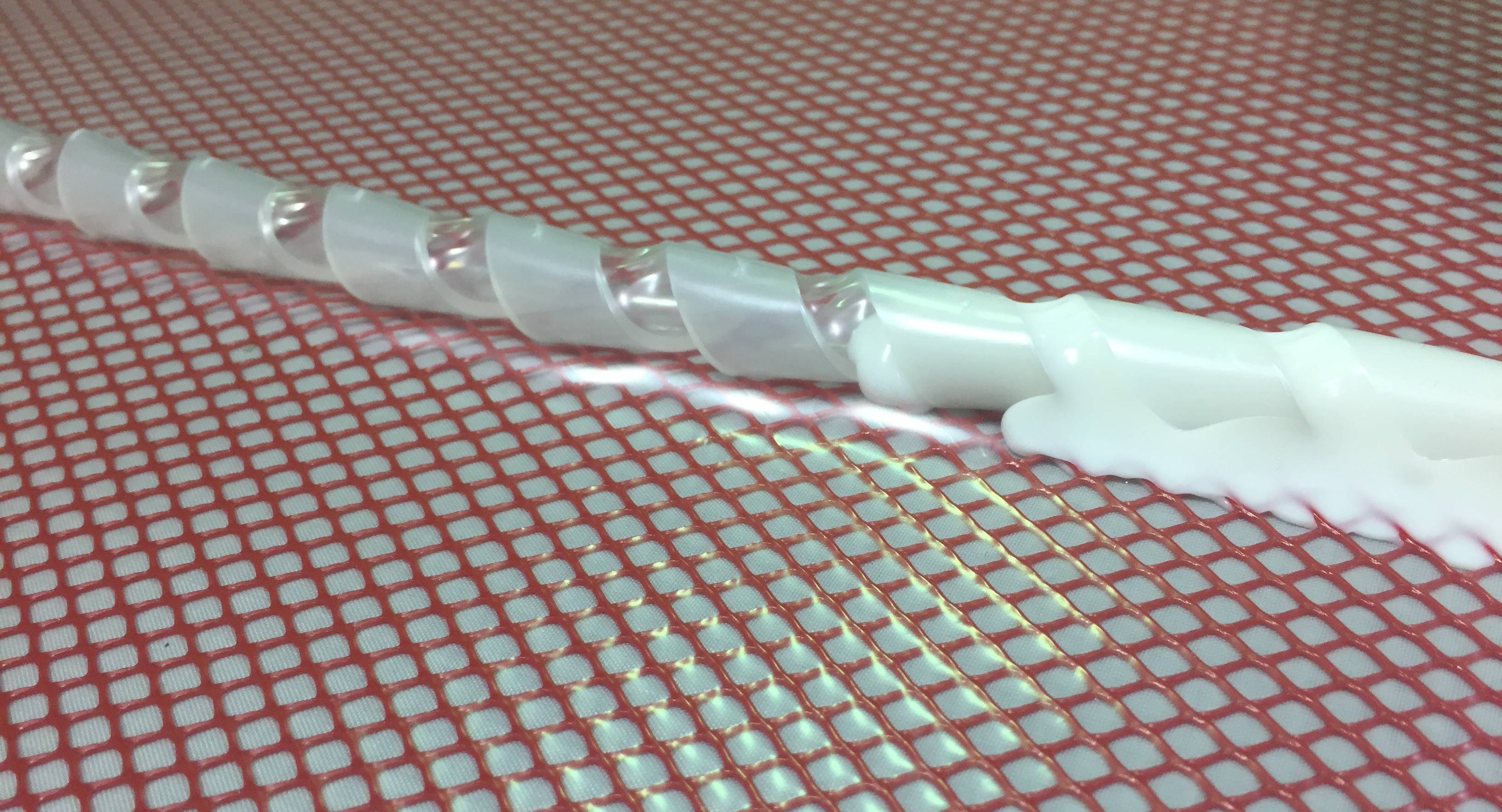Reinforeced Bio-Based Polyurethane Composites
Goal
Enhancement in mechanical properties of reinforced biobased composites by improving fiber/matrix adhesion
Motivation
Bio-based composites do not have mechanical properties as good as traditional composites. Therefore, research work should be done to find how these properties could be enhanced.
About
Proper fiber/matrix adhesion is important for improved mechanical performance and complete wet-out of fiber/fabric in processing. The soybean-oil-based polyol is modified for improvement in fiber/matrix adhesion. The preliminary studies indicate that there is significant improvement in properties at micro level in coating applications. Aliphatic polyisocyanate is used as curing agent to formulate non-foam thermoset polyurethane resin. This polyurethane resin is used to manufacture woven E-glass composites using vacuum-assisted resin transfer molding. The comparative study between modified and non-modified resins is performed to analyze the effect of improved fiber/matrix adhesion on bulk mechanical properties. TGA and TMA tests are carried to understand thermal stability of composites and glass transition temperature of resins, respectively. Further static tensile and short-beam shear tests are conducted to evaluate tensile strength and modulus, and interlaminar shear strength, respectively.
Publications
- J. S. Tate, J. Massingill, P. Patel, and S. Konga, “Enhancement in mechanical properties by improving fiber/matrix adhesion in bio-based polyurethane/E-glass composites”, International SAMPE Symposium and Exhibition (ISSE 2008), Long Beach, CA, USA, May 18-22, 2008, ID# L079 .
- J. S. Tate, J. Massingill, P. Patel, P. Rikka, and S. Arabie, “Mechanical characterization of bio-based polyurethane/e-glass composites”, International SAMPE Fall Technical Conference (ISTC 2007), Cincinnati, OH, USA, October 29 – November 1, 2007, ID# C149.
